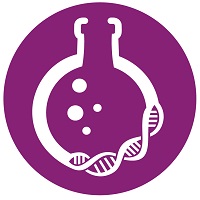Back
Bioanalytics – Biomolecular
Session: Rapid Fire: A Look Into the Future of Bioanalytics (BM)
Impact of Anti-Drug Antibody (ADA) Binding Properties on Assay Performance
Wednesday, October 19, 2022
3:15 PM – 3:30 PM ET
Location: 253 B

Jennifer A. Getz, PhD
Senior Scientist
Genentech
San Francisco, California
Rapid Fire Speaker(s)
Understanding the immunogenicity of biologics is critical for drug development and will become more complicated as companies explore complex biologic formats and novel drug modalities. The anti-drug antibody (ADA) assay is the main tool for understanding a patient's immune response to a drug, and health authorities provide clear guidance on assay validation using a surrogate positive control. Two key outstanding questions include: 1) whether the positive control properties mimic those of human ADA, which could impact measured ADA rates, and 2) how assays compare across therapeutics to ultimately allow comparison of patient ADA incidence rates. To address these questions, we tested positive controls with a broad range of affinities in two ADA assays. We carefully characterized the impact of positive control binding kinetics on both assay sensitivity and drug tolerance. This understanding of the assay performance provides an important initial step in being able to compare methods across therapeutics.
Learning Objectives:
- Describe the relationship between ADA assay positive control binding properties and assay performance
- Demonstrate how two assays can differ when positive controls have similar binding properties
- Define the next steps to the ultimate goal of enabling comparison of ADA rates across therapeutics


